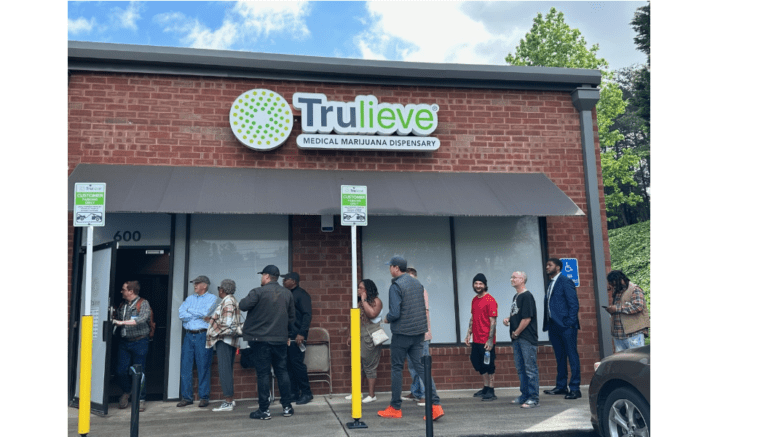By Rebecca Gaunt
When HB 885, to legalize medical cannabis, died on Sine Die of the Georgia legislature in 2014, Jimmy J-Bo Wages turned to his daughter Sydney with tears in his eyes and said, “Baby, Daddy’s not stopping. We’re gonna keep the fight going.”
Nine years later, the Wages were the first customers to purchase medical cannabis at one of the first two dispensaries to open in Georgia.
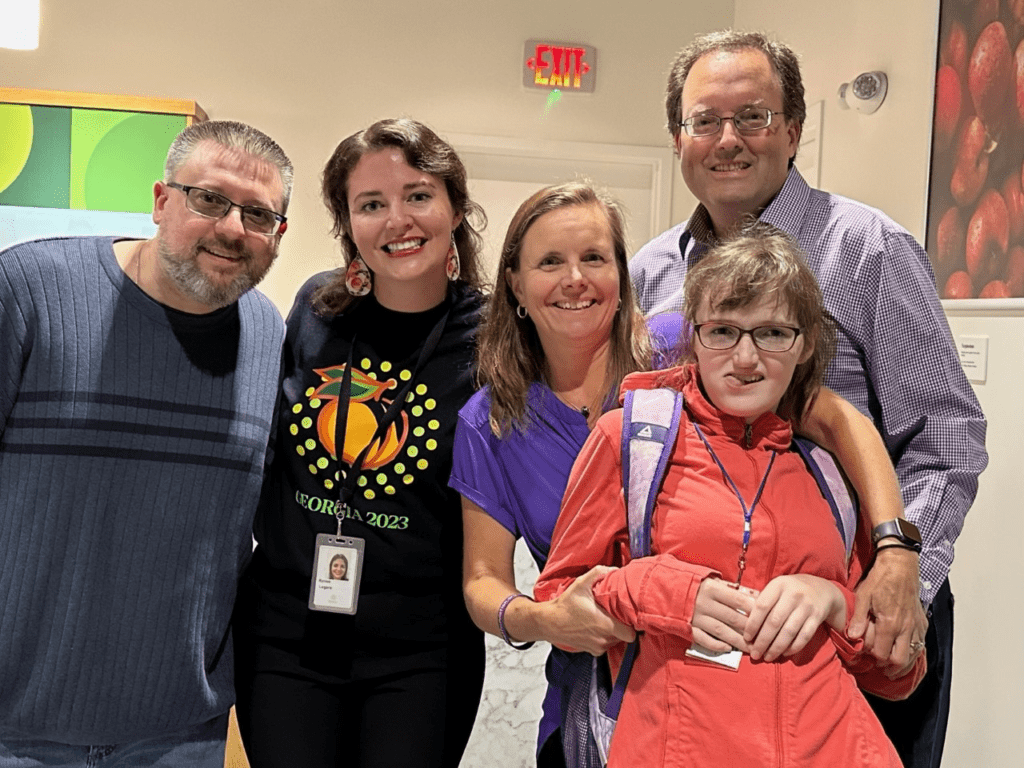
The Cobb County dispensary is in Marietta at 220 Cobb Parkway.
“Over the years we met a lot of courageous families. I’m looking at a lot of them right here in front of me right now. We fought along shoulder to shoulder and made a lot of progress in this state,” he said tearfully as he made eye contact with other emotional parents in the audience.
A line of about 30 people waited for their chance to enter the new store. Security was tight. The first locked door led to a lobby where customers signed in and showed ID. A second locked door led to the sales floor.
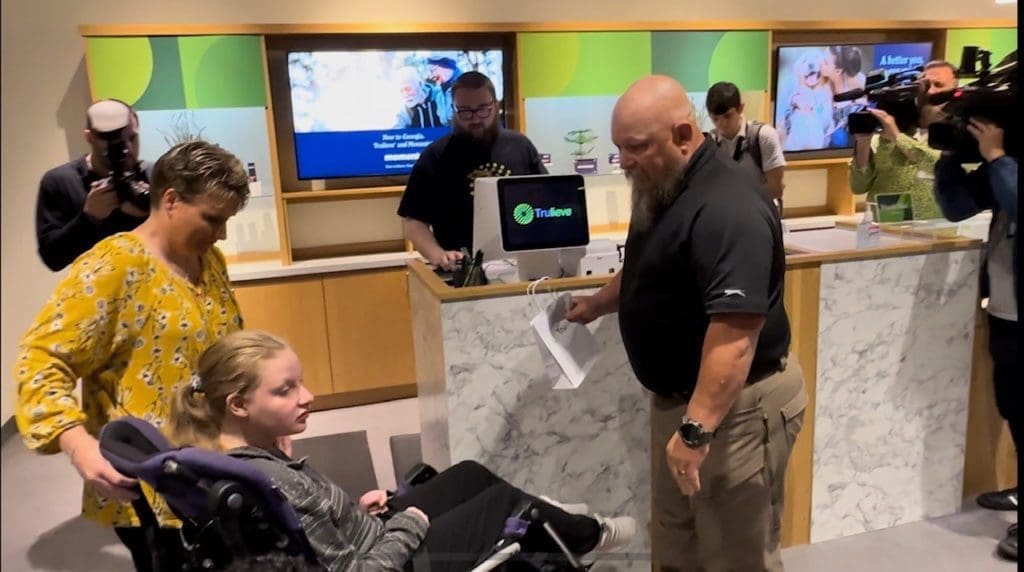
At the same time, a grand opening and ribbon-cutting ceremony was taking place for another Trulieve dispensary in Macon, where former state Rep. Allen Peake, the Republican lawmaker who proposed and fought for the Haleigh’s Hope Act until he retired in 2018, was in attendance.

He was inspired after meeting Haleigh Cox, a young girl in his district who was experiencing hundreds of seizures daily. Haleigh and her mother Janea currently live in Colorado.
Several of the attendees at Friday morning’s grand opening have been familiar faces at the Gold Dome for nearly a decade pushing for access. None of them thought it would take this long.
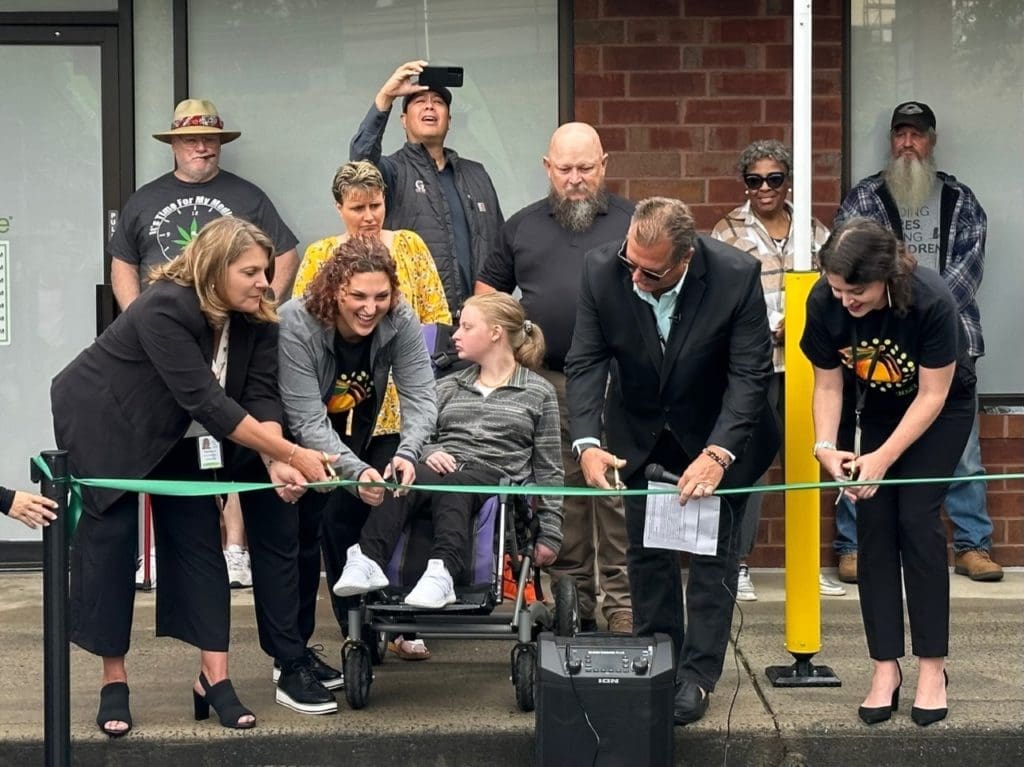
“We definitely thought it was going to happen a lot faster than that…after 2-3 years, I was just like, this is going to take a while,” said Sebastien Cotte.
Cotte’s son Jagger has mitochondrial disease and, for a time, the family relocated to Colorado where it was already legal. They returned to Georgia in 2015 when former Gov. Nathan Deal signed House Bill 1, creating a patient registry and allowing possession of low THC oil, into law.
But that wasn’t the end of it. The final version of HB 1 didn’t allow the growing of or purchase in the state of Georgia. Patients had to break federal laws by bringing it back over state lines.
In 2019, Gov. Brian Kemp signed House Bill 324, or Georgia’s Hope Act, which created provisions for a limited number of companies to cultivate and sell marijuana for medical purposes.
“The longest part for me is the last four years. I mean, it’s taken nine years since we started this. But the last four, since we’ve actually had a bill and it’s been legal to have these companies set up, and they just couldn’t get it set up because they had an inept process to do it. But we’re finally here,” said Blaine Cloud, whose 17-year-old daughter Alaina has a seizure disorder called Dravet Syndrome.
“2,934 days since patients first got cards,” said Shannon Cloud, who was also frustrated by the delays.

Even after the cultivation bill passed, the process was slow to get rolling, and then plagued by lawsuits from business applicants alleging the selection process for the licenses was fraudulent and corrupt.
It was a learning experience for many of the parent and patient advocates who were new to the world of state politics and the challenges of getting a bill through to the finish line when they first met in December 2013 to prepare.
“Today completed an almost 10 year journey to provide access to medical cannabis oil to Georgia citizens. It is a testament to the many courageous and tenacious families that fought for years for access for their loved ones. They are the real heroes of this effort, and it has been my privilege to fight alongside them,” Peake told the Courier.
Georgia’s medical program is a limited one as THC is capped at 5%. Edibles and smokable forms are not permitted.
“This isn’t the finish line,” Shannon said.
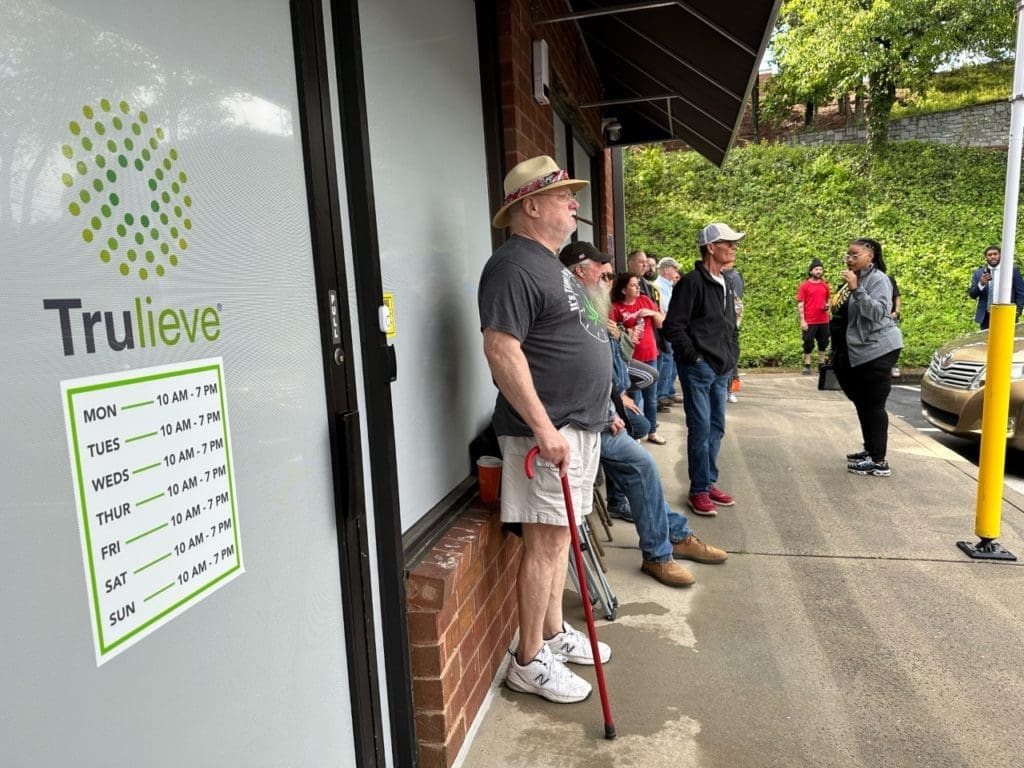
Trulieve sells capsules, tinctures, and topical lotions. To purchase, customers must show an active low-THC oil patient registry card. About 27,000 people currently hold cards.
Recreational use is still illegal in Georgia.
“The state of Georgia has reached a very important milestone for some of the most fragile patients in our state. MAG will continue advocating for safety and education on behalf of the patients who, in consultation with their physician, wish to pursue this form of treatment,” Dr. Kelly DeGraffenreid, a family physician, told the Courier in an email.
DeGraffenreid is the former chair of the Medical Association of Georgia’s Medical Cannabis Task Force and current chair of MAG’s Institute for Excellence in Medicine.
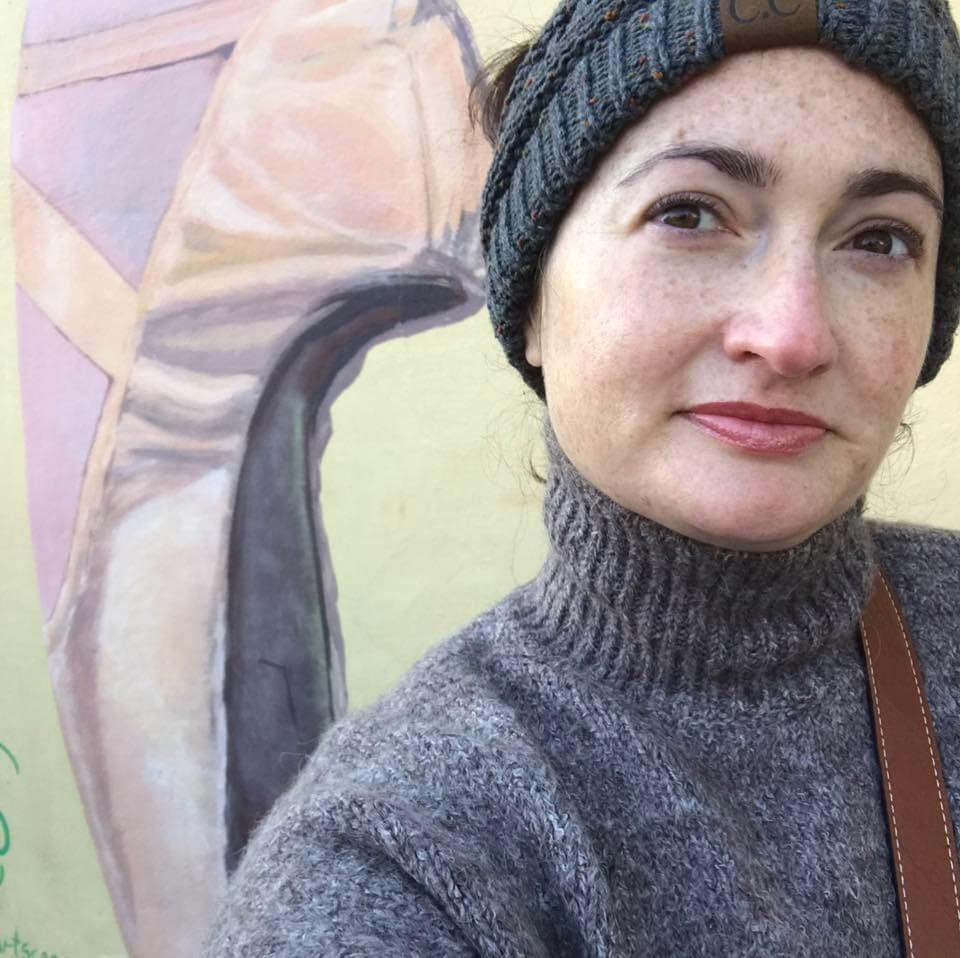
Rebecca Gaunt earned a degree in journalism from the University of Georgia and a master’s degree in education from Oglethorpe University. After teaching elementary school for several years, she returned to writing. She lives in Marietta with her husband, son, two cats, and a dog. In her spare time, she loves to read, binge Netflix and travel.
